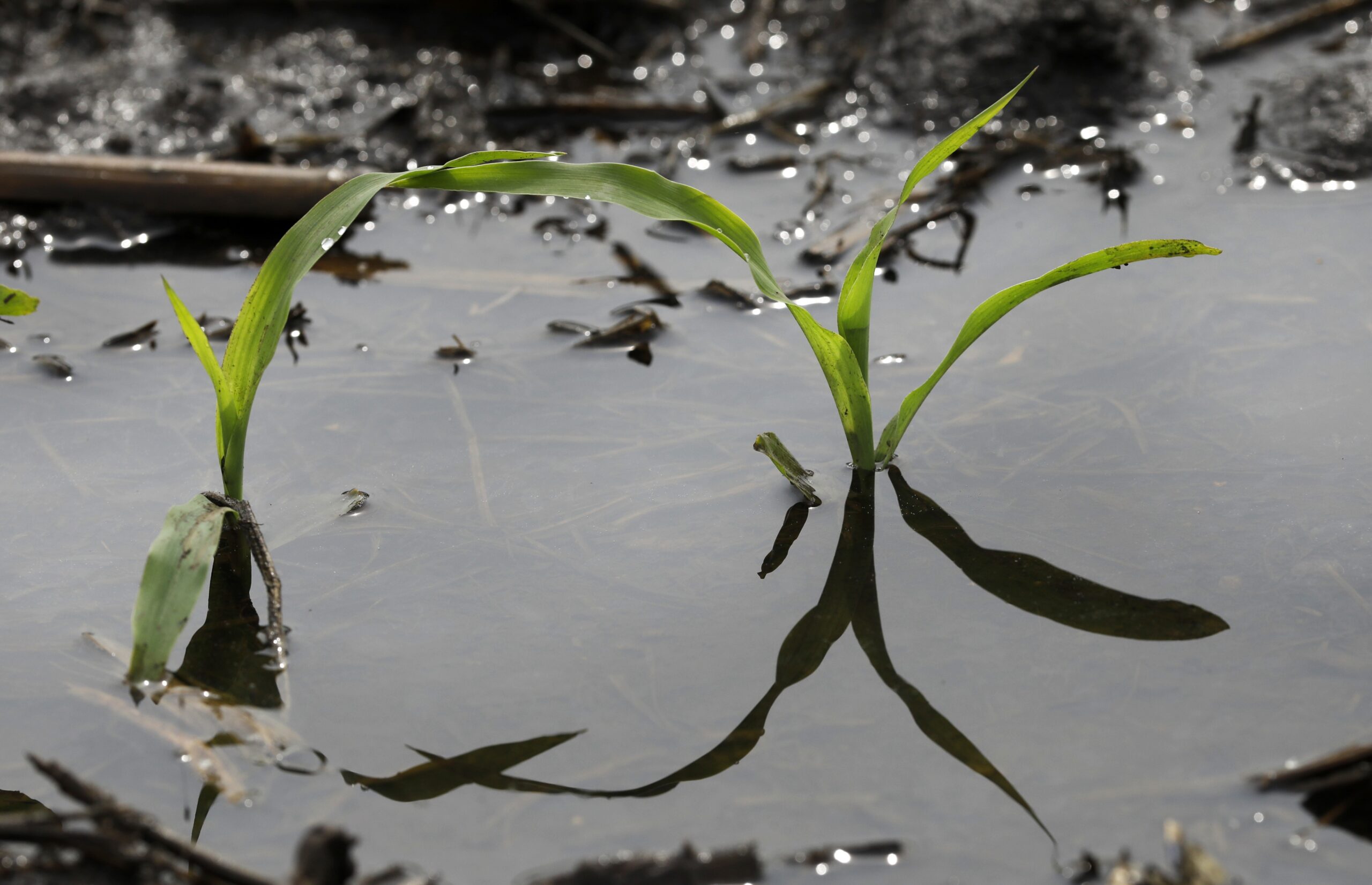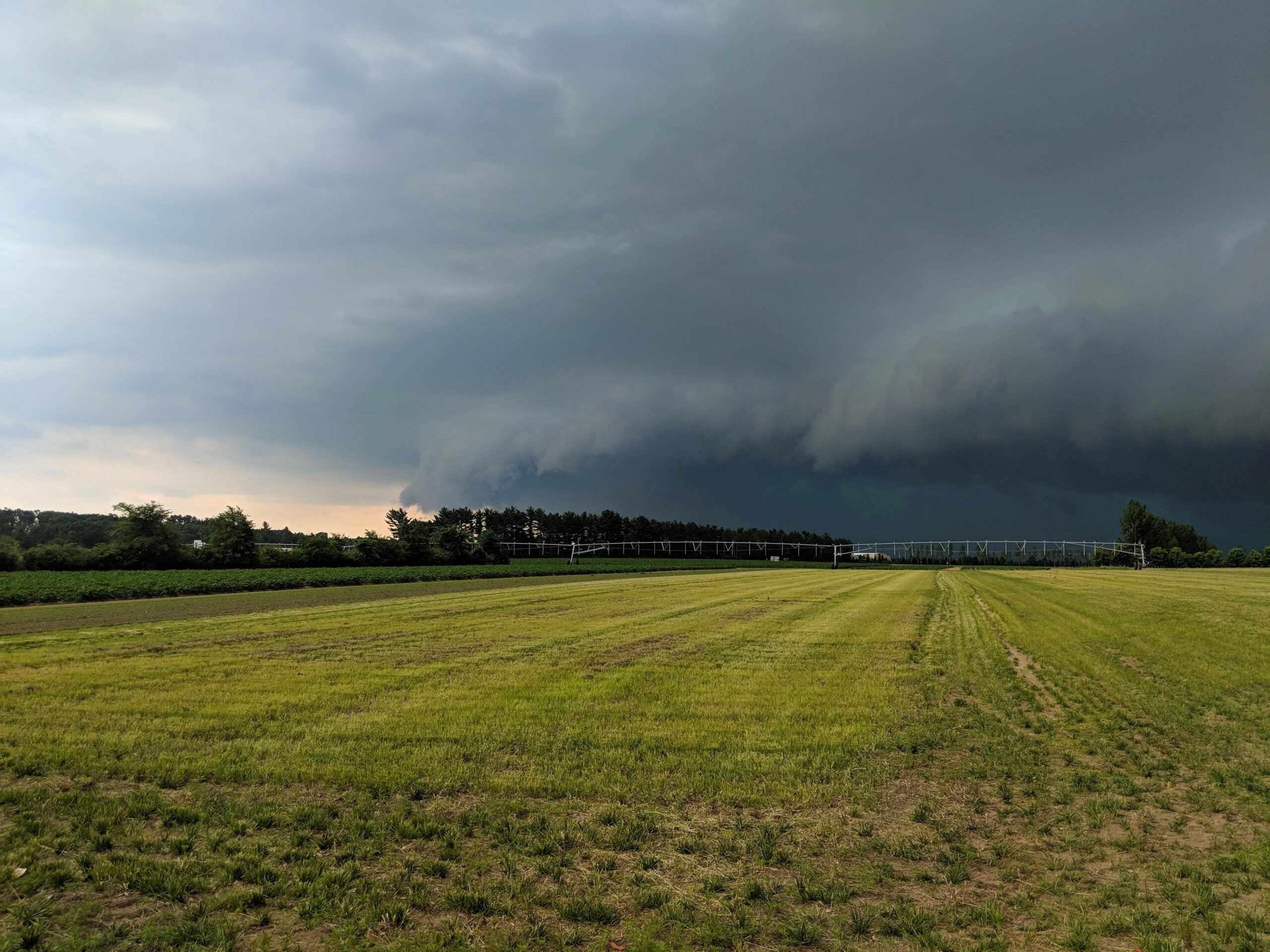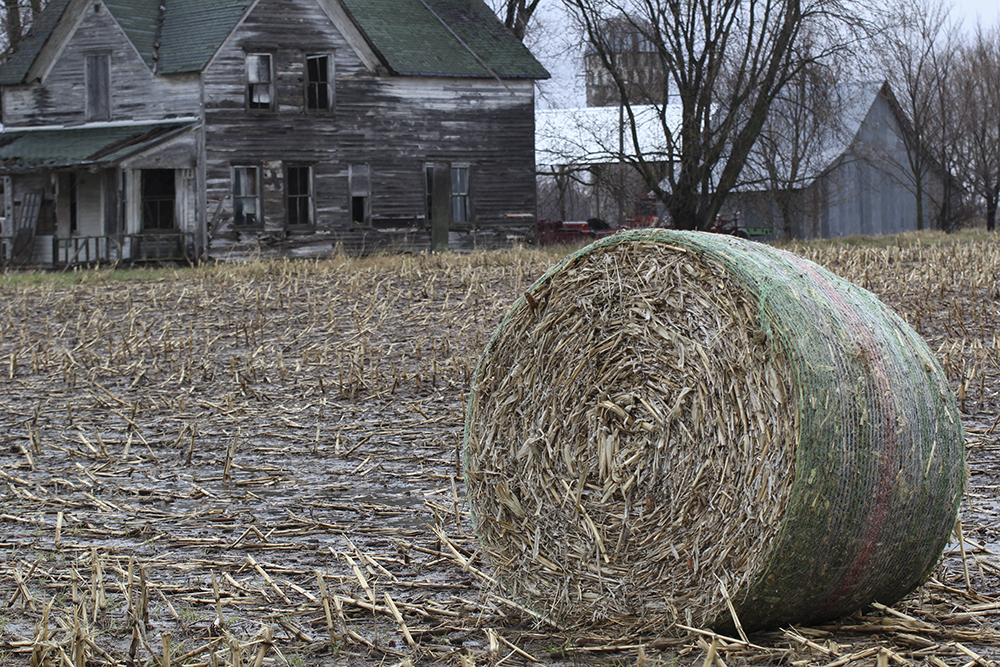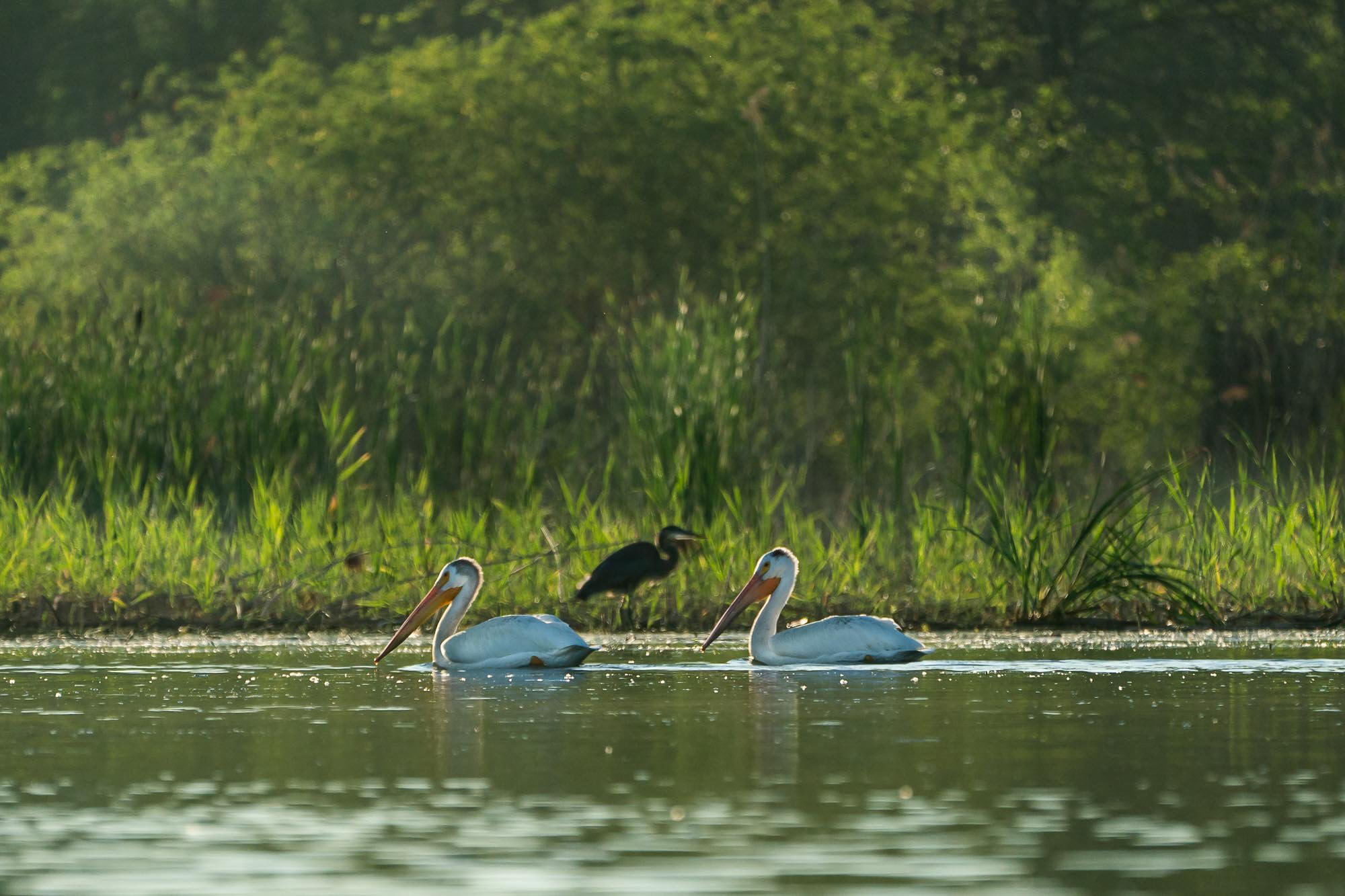A group of organic farmers in Wisconsin says the agriculture community is already feeling the effects of climate change.
But producers say it will take more than farm-level changes to make the food system more sustainable.
The conversation came from a panel at the Growing Stronger virtual farming conference, hosted by the Midwest Organic and Sustainable Education Service (MOSES), University of Wisconsin-Madison programs and other farming organizations.
Stay informed on the latest news
Sign up for WPR’s email newsletter.
Erin Schneider, one of the panelists and owner of Hilltop Community Farm, said more frequent flash flooding events in the state have shaped the way she thinks about the future of farming during climate change.
“The floods of 2018 really impacted our farm in La Valle and northwest Sauk County and I think this really made me look at ‘Oh, climate change … you can’t just move.’ We can’t just leave and go to a place where there is more water or stabilizing forces, etc. It doesn’t happen elsewhere or in a localized area. It’s everywhere, and you can’t escape from it,” Schneider said.
She said Wisconsin continues to set new records for annual precipitation and the excess moisture is making it harder for farmers to successfully manage their crops.
“If you’re just getting started in any vegetables or just any type of farming, and you’re staring that down, it’s really sobering,” Schneider said.
Jim Goodman, a retired dairy farmer from Juneau County, said extreme weather events like flooding and fires have caused more people to accept the reality of climate change and the fragility of the current food system.
“I think that everyone realizes that the way our food system works, it doesn’t take a lot to really disrupt it. Whether that’s through climate change from a farmer’s point of view or as we saw in the last year with the COVID epidemic,” Goodman said.
Goodman said it’s a positive sign that many consumers turned to local food producers during the pandemic, buying into Community Supported Agriculture (CSA) programs and shopping at local meat processors.
He’s hopeful that shift will help drive a return to a more regional food system, cutting back on the distance food travels before reaching consumers and investing in farming practices that sequester more carbon.
Goodman said it will take “a big, bold plan” like the Green New Deal to get agriculture and the rest of the country to stop moving toward consolidation and embrace more climate-friendly policies.
But some advocates say farmers can drive progress by working with local and state governments.
Lea Zeise is co-founder of Ohe.láku, a cooperative of Oneida families growing traditional crops in De Pere.
“I think farmers have potential to become a very fierce constituency that really can cause a lot of political movement as far as what our policies are in our state,” Zeise said. “We don’t necessarily need to wait for national action. It would be helpful, but I think we can do it here and now in the Midwestern states by coming together.”
Zeise said it will take better cooperation among farming communities for that to happen. She said the white-dominated agriculture industry needs to do more to involve indigenous and minority farmers, who have long practiced regenerative farming methods.
“A lot of the new technologies and the new buzzwords are old ideas and old concepts that are sort of re-mishmashed and remixed into this new way of doing agriculture,” Zeise said. “It goes beyond just having the technology available. You have to want to take that next step.”
She said farmers and consumers have the power to make different choices to drive change toward a more sustainable future.
Wisconsin Public Radio, © Copyright 2025, Board of Regents of the University of Wisconsin System and Wisconsin Educational Communications Board.




